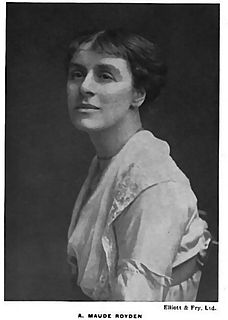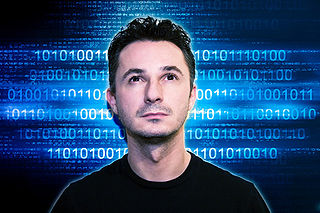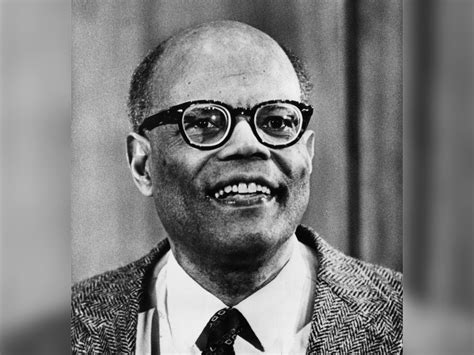A Quote by Maude Royden
It is possible for science to make the world like the Garden of Eden! Amen. But it is also possible, and sometimes it seems more probable, that science will make the world a very good imitation of hell.
Related Quotes
With billions of years, who knows what science might make possible? Why, it might even make it possible for an intelligence, or data patterns representing it, to survive a big crunch and exist again in the next cycle of creation. Such an entity might even have science sufficient to allow it to influence the parameters for the next cycle, creating a designer universe into which that entity itself will be reborn already armed with billions of years worth of knowledge and wisdom.
I would teach the world that science is the best way to understand the world and that for any set of observations, there is only one correct explanation. Also, science is value-free, as it explains the world as it is. Ethical issues arise only when science is applied to technology - from medicine to industry.
I think the Nobel Prize helps for a number of reasons. Number one, if I can be frank, there is these people will feel by getting a Nobel Prize that I'm one of them, that it is possible to contribute on the world map of science and technology. And the other thing also which I'm hoping for is that the government in Egypt is willing and interested in promoting science and technology and this is an ideal time now to be able to do something.
Science fiction is any idea that occurs in the head and doesn't exist yet, but soon will, and will change everything for everybody, and nothing will ever be the same again. As soon as you have an idea that changes some small part of the world you are writing science fiction. It is always the art of the possible, never the impossible.
We are living in a society that is totally dependent on science and high technology, and yet most of us are effectively alienated and excluded from its workings, from the values of science, the methods of science, and the language of science. A good place to start would be for as many of us as possible to begin to understand the decision-making and the basis for those decisions, and to act independently and not be manipulated into thinking one thing or another, but to learn how to think. That's what science does.
Science will always raise philosophical questions like, is any scientific theory or model correct? How do we know? Are unobserved things real? etc. and it seems to me of great importance that these questions are not just left to scientists, but that there are thinkers who make it their business to think as clearly and slowly about these questions as it is possible to. Great scientists do not always make the best philosophers.
The true contrast between science and religion is that science unites the world and makes it possible for people of widely differing backgrounds to work together and to cooperate. Religion, on the other hand, by its very claim to know “The Truth” through “revelation,” is inherently divisive and a creator of separatism and hostility.
We have lived our lives by the assumption that what was good for us would be good for the world. We have been wrong. We must change our lives so that it will be possible to live by the contrary assumption, that what is good for the world will be good for us. And that requires that we make the effort to know the world and learn what is good for it.
Literary science fiction is a very, very narrow band of the publishing business. I love science fiction in more of a pop-culture sense. And by the way, the line between science fiction and reality has blurred a lot in my life doing deep ocean expeditions and working on actual space projects and so on. So I tend to be more fascinated by the reality of the science-fiction world in which we live.
































